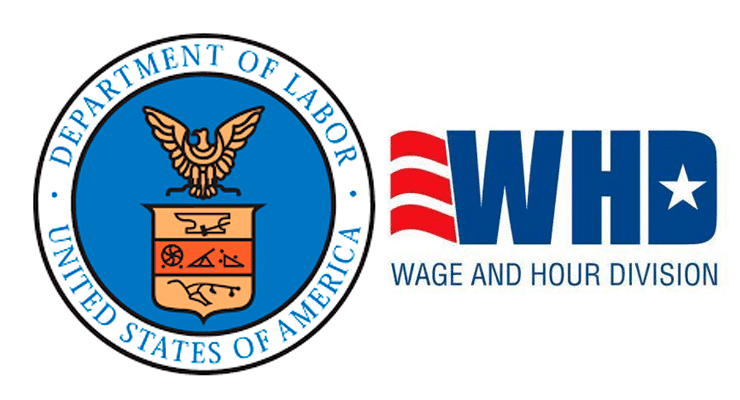Davis-Bacon Act Wage Survey Plan
The U.S. Department of Labor’s Wage and Hour Division will be asking the highway, heavy and building construction industries to participate in Davis-Bacon Act wage surveys in FY 2023 to help the agency establish prevailing wage rates, as required under the Davis-Bacon and Related Acts (DBRA).
The DBRA directs the department to set the prevailing wage rates that reflect the actual wages and fringe benefits paid to construction workers in the local area where the work is performed.
The survey plan for FY 2023 includes active construction project wage data in the following areas and is not limited to federally funded construction projects. Data collection periods are to be determined and posted online. The Wage and Hour Division strongly encourages all stakeholders to participate in these surveys.
| State | Construction Type | Area |
| North Carolina | Highway | Statewide |
| Arizona | Highway | Statewide |
| Arizona | Heavy | Statewide |
| New Hampshire | Building | Statewide |
| Texas | Building | Metropolitan Counties: Greater San Antonio and Greater Austin |
| Guam | All Types | All Areas |
Full participation by contractors and interested parties is key to setting accurate prevailing wages and developing complete wage determinations. Accurate wages and complete determinations also reduce the need for contractors to request additional labor classifications.
The best way to participate in the survey is online. The Wage and Hour Division will send notification letters to interested parties and contractors known to the agency. To be included, please submit all data by the survey-specific cutoff date. Contractors and other interested parties do not need to have received a letter to participate in the survey.










